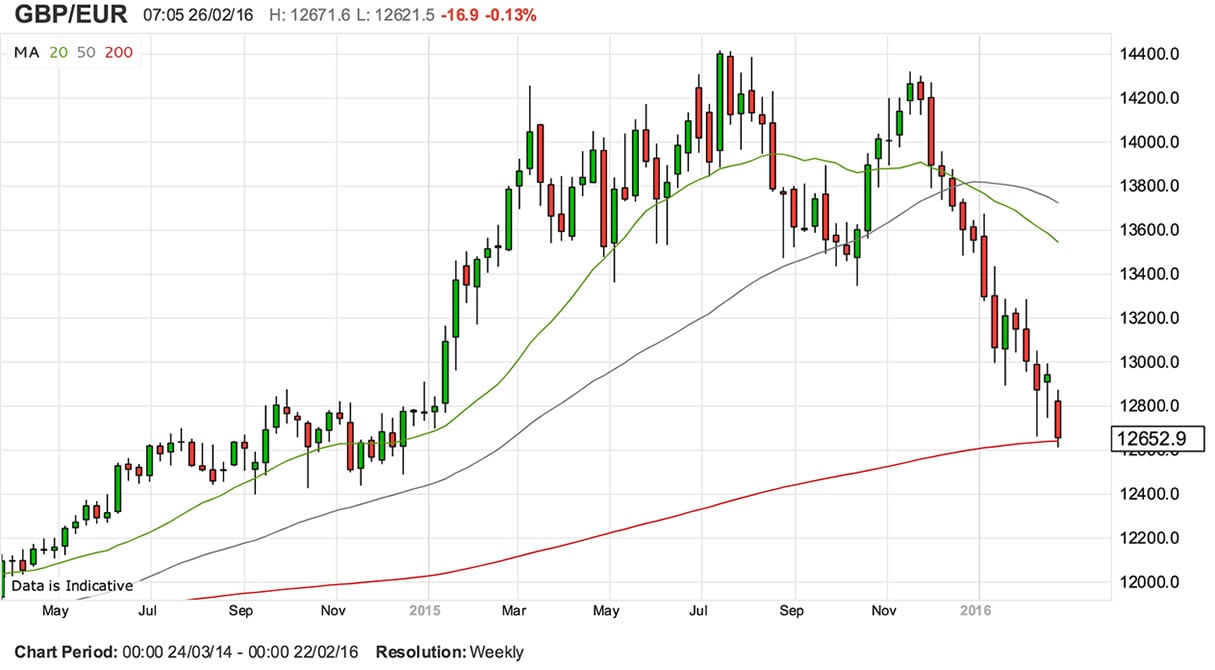Brexit: The Story On Tariffs And Currency Fluctuations
The NYT decided to tout the risks that higher tariffs could cause serious damage to industry in the UK following Brexit:
For Mr. Magal [the CEO of an engineering company that makes parts for the car industry], the threat of trade tariffs is forcing him to rethink the structure of his business. The company assembles thermostatic control units for car manufacturers, including Jaguar Land Rover in Britain and Daimler in Germany.
"Tariffs could add anything up to 10 percent to the price of some of his products, an increase he can neither afford to absorb nor pass on. 'We don’t make 10 percent profit — that’s for sure,' he said, adding, 'We won’t be able to increase the price, because the customer will say, "We will buy from the competition.’"'"
The problem with this story, as conveyed by Mr. Magal, is that the British pound has already fallen by close to 10 percent against the euro since Brexit. This means that even if the EU places a 10 percent tariff on goods from the UK (the highest allowable under the WTO), his company will be in roughly the same position as it was before Brexit. It is also worth noting that the pound rose by roughly 10 percent against the euro over the couse of 2015. This should have seriously hurt Mr. Magal's business in the UK if it is as sensitive to relative prices as he claims.

It is likely that Brexit will be harmful to the UK economy if it does occur, but many of the claims made before the vote were wrong, most notably there was not an immediate recession. It seems many of the claims being made now are also false.
Disclosure: None.



